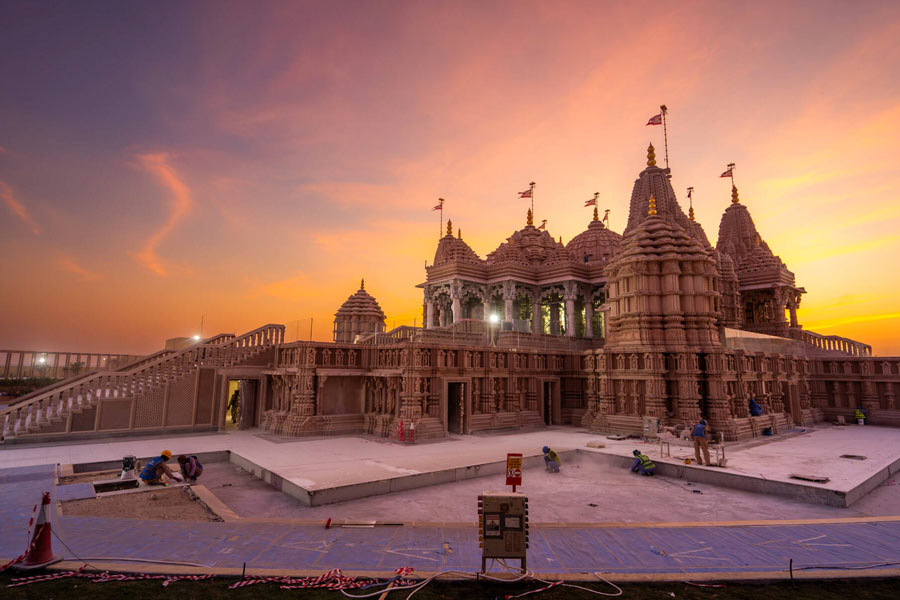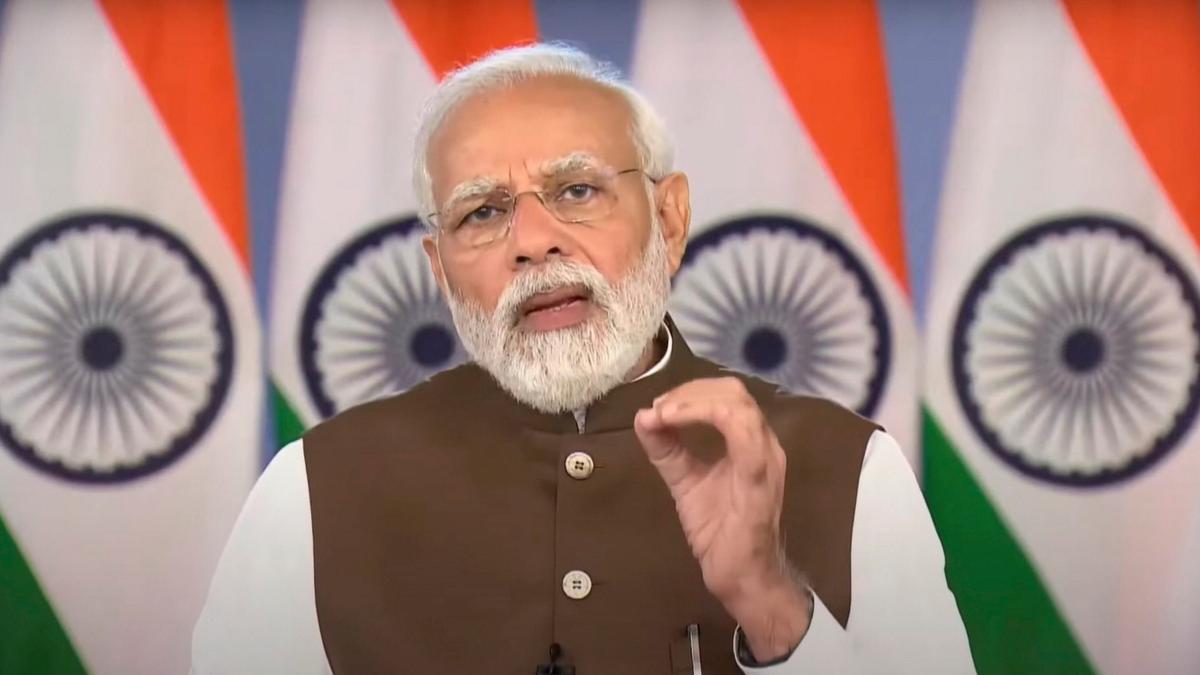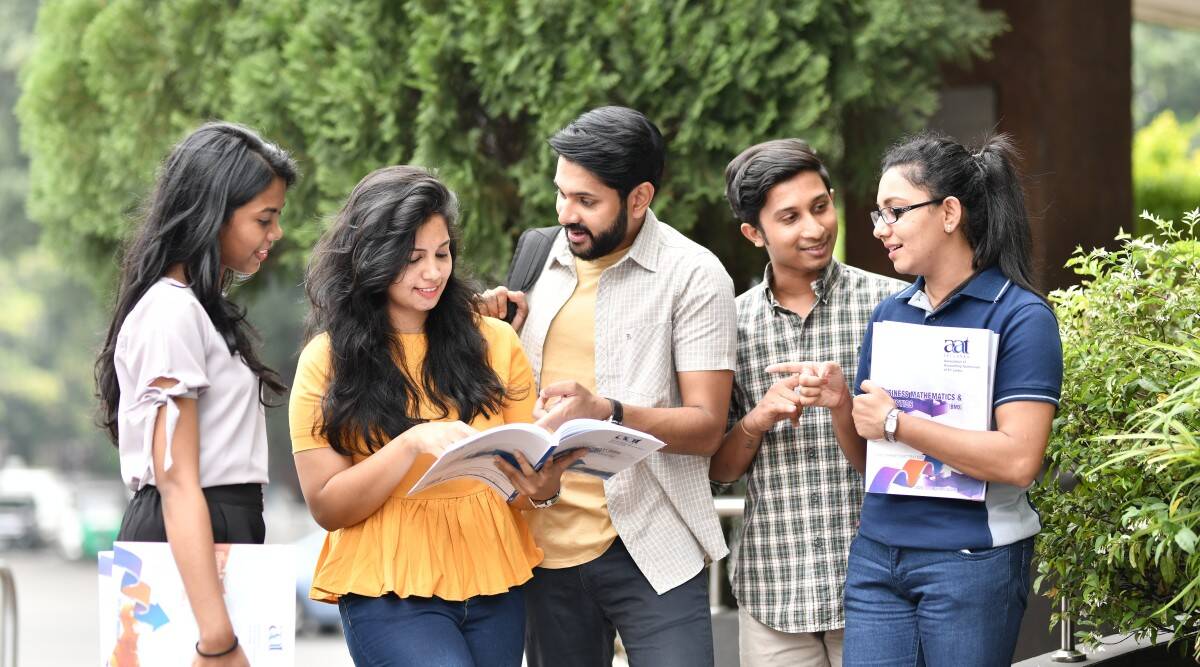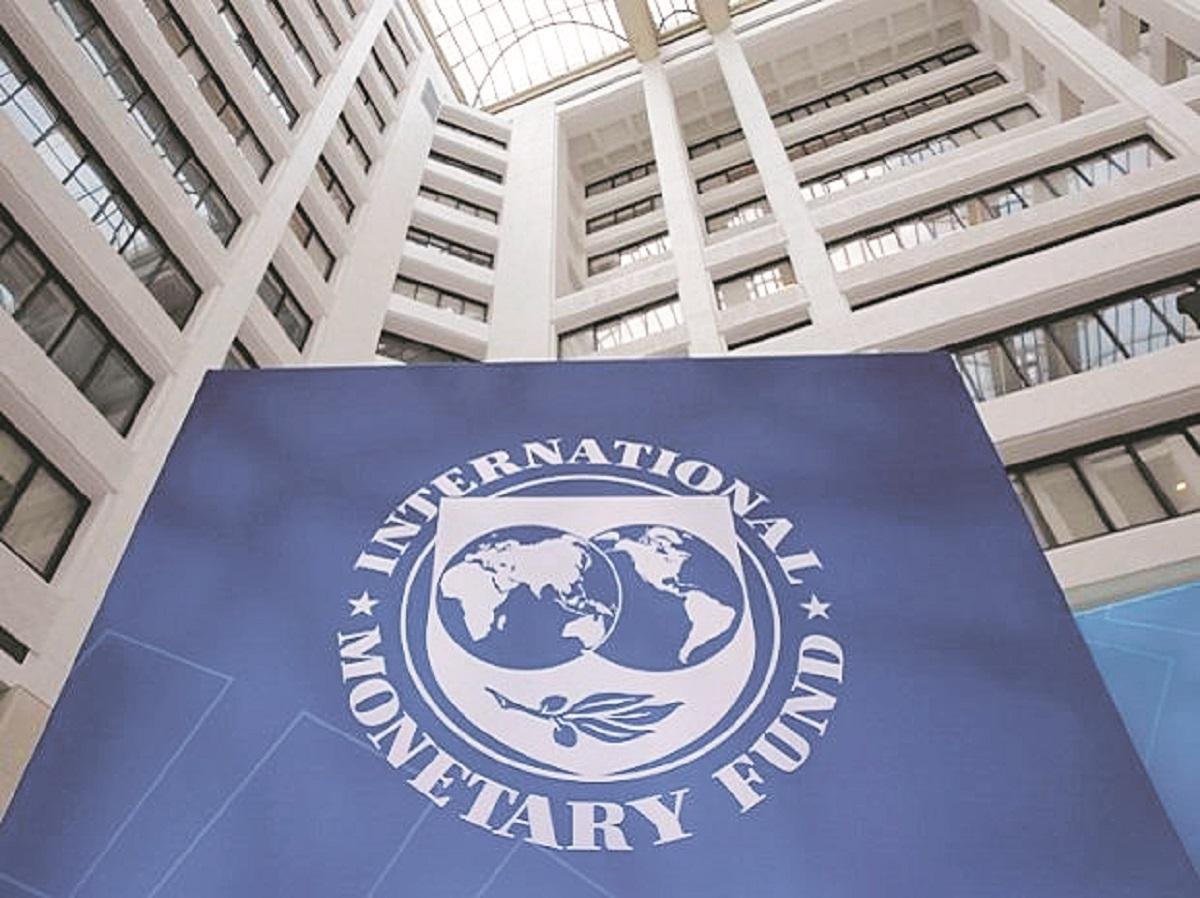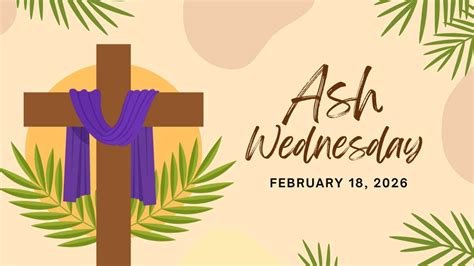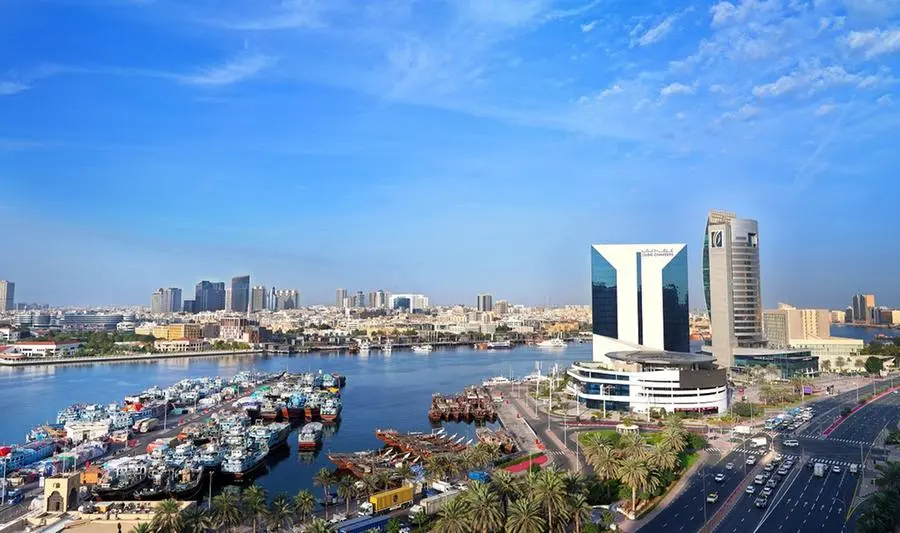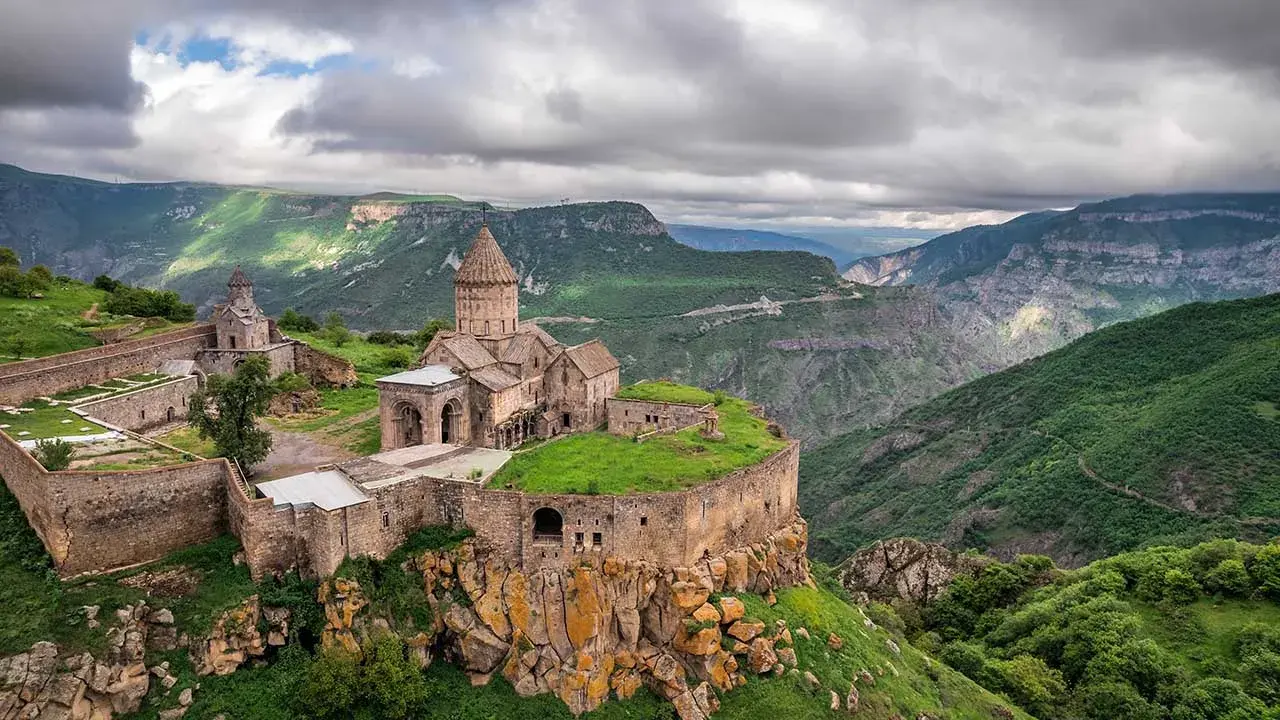The system allows polyphonic music to be written using the maqam system of musical scales (including the microtonal 3/4 tones). The system can be applied to every Arabic and oriental Maqam, thus preserving the rich identity of Arabic music and linking the musical legacies of Western and Middle Eastern civilisations.
As part of its “Composers Platform”, the 18th edition of Abu Dhabi Festival, held under the theme ‘The Future Starts Now’, announced its support/endorsement of a historic innovation in the field of Arabic music: the Microtonal Polyphonic Maqam System.
Invented by Belgian-Iraqi composer and researcher Qoutayba Neaimi, who specialises in both Western and Arabic music.
The system allows polyphonic music to be written using the maqam system of musical scales (including the microtonal 3/4 tones). The system can be applied to every Arabic and oriental Maqam, thus preserving the rich identity of Arabic music and linking the musical legacies of Western and Middle Eastern civilisations.
HE Huda Ibrahim Al Khamis, Founder of the Abu Dhabi Music & Arts Foundation (ADMAF), Founder and Artistic Director of Abu Dhabi Festiva, said:
“Abu Dhabi Festival continues to invest in creativity in all forms, and we are thrilled to introduce to the world a discovery that will open the door to a new era in music. Truly an innovation, the Polyphonic Maqam System will change the way musicians throughout the world understand Arab music”.

Supporting Qoutayba Al Neaimi’s invention is an important part of our mission to cultivate Arab musical heritage and build bridges between cultures. The new system transcends different musical legacies and traditions, giving all orchestras the opportunity to play polyphonic maqam repertoires and harmonise together for the first time.”
Qoutayba Neaimi commented on this achievement: “This innovation brings a solution to a matter that has drawn the interest and attention of oriental music theorists and researchers for centuries”.
“Oriental music, with its non-tempered scales (including microtonal three-quarter tones typical of the Middle East), allows for highly complex and artful melodic development, but it is difficult to harmonize. The Microtonal Polyphonic Maqam System brings a rational, scientific and acoustically functional solution to this matter”.
“As of today, it has become possible to write polyphonic musical compositions with an authentic Arab identity, using the whole diversity of oriental Arabic musical scales and preserving their microtonal dimension”, he added.
A Landmark Musical Achievement
The invention of a system for writing polyphony (multiple voices at the same time) with oriental and Arabic scales is a historic achievement that links Middle Eastern musical heritages with Western civilisation, and provides a scientific solution to the problem of the harmonization of microtonal maqams.
The innovative Microtonal Polyphonic Maqam System allows polyphonic composition to be written in every Arabic and oriental Maqam. It will allow a wider diffusion of Arabic Music and develop greater understanding and appreciation of Arabic music in Western audiences. This system allows music to bridge the divides between civilisations more than ever before and promote peace and tolerance.

The Arab world is historically known to have produced collaborations that approach music from a philosophical, artistic and scientific point of view. Al Kindi, Al Farabi and Ibn Sina’s legacy still bears witness to the level of intellectual, scientific and artistic progress reached by the Arab and Islamic civilisation, where Arabs were pioneers in experimenting with harmony as early as the 9th century. Neaimi’s system builds on this legacy and enriches it with a breakthrough invention that combines, for the first time, harmony and maqams (with their characteristic microtonal three-quarter tones).
“Oriental music, with its non-tempered scales (including microtonal three-quarter tones typical of the Middle East), allows for highly complex and artful melodic development, but it is difficult to harmonize. The Microtonal Polyphonic Maqam System brings a rational, scientific and acoustically functional solution to this matter”.
The Abu Dhabi Festival, in collaboration with the Qoutayba Foundation, presents 3 workshops to introduce the Polyphonic Maqam System. The three-day workshop will be held in three different countries: Belgium in December, France in January and Egypt in February.
Led by Qoutayba Al Neaimi, the workshops highlight how the new system works and participating students will learn about the main feature in the maqam which is combining oriental and western music.
A New World for Arabic Music
Dr. Naseer Shamma, the world-acclaimed oud virtuoso, comments: “Qoutayba Neaimi is a true artist who was able to solve a musical dilemma that has preoccupied Middle Eastern musicians and researchers ever since the time of Al-Kindi. One must keep in mind that the emergence of oriental harmony was the feat of Al-Kindi, who suggested a two-voice harmony by playing together the first and the third sounds of the scale, thus giving a result that is pleasing to the ear. That is why I consider Qoutayba’s musical system to be an extension and fulfilment of these ancient experiences dating back more than a thousand years. Today, it has become undeniable that Arabic music and theory is part of the global harmonic structure, and Qoutayba Neaimi has played a key role in this great realization.”
Maestro Abd Al Razzaq Al Azzawi, composer, researcher and conductor of the National Philharmonic Orchestra in Iraq, underlines that “This innovation heralds the birth of new, unprecedented horizons in the Arab music scene, especially since we can use it to compose music with a modern touch, while preserving the identity of the Oriental and Arabic maqams. This is a historic moment in the global story of music; Qoutayba Neaimi’s system is also a service and artistic enrichment not only for us in the Arab and Middle Eastern region but for the whole world.”
Commenting on Neaimi’s musical models, world-renowned violinist Alexander Markov said: “He is offering a unique and creative blend of Western and Middle Eastern music systems. The most striking element is the successful harmonisation of non-tempered intervals (the three quarter tones). I am looking forward to discovering new compositions for the orchestra that will be produced according to Neaimi’s system.It is a fantastic achievement and an opportunity for musicians of Arab, Middle Eastern and European culture to collaborate together”.
“This system opens the path to polyphonic writing with oriental maqams. It offers a new avenue for musicians of all origins to explore new horizons. This innovative system is a unique, inspiring and valuable addition to the global musical repertoire,” said Claude Ledoux, Professor of Music Analysis at the Conservatoire National Supérieur de Musique de Paris (CNSMDP).
Cultural Collaboration
Al Neaimi’s Microtonal Polyphonic Maqam System can be used by Arab and Western musicians to open up new perspectives of cultural collaborations. It is a wonderful tool for composers who wish to develop a universal polyphonic repertoire. It is also an opportunity to develop a new repertoire with a purely Arab musical identity (such as chamber and orchestral music, opera and others), that can be played globally, by all musicians throughout the world.
This new musical system offers a solution to a problem that had never been solved, allowing polyphonic music (several different melodies played at the same time) in every existing Maqam. It will allow a wider diffusion of Arabic music and develop Western audiences’ understanding of Arab music. With this system, music will fulfill its mission, more than ever before, of extending bridges between civilizations and promoting peace and tolerance.
The 18th edition of Abu Dhabi Festival is supported by its lead partner Mubadala Investment Company (Mubadala) and energy partner GS Energy.
About Abu Dhabi Festival
Founded in 2004, Abu Dhabi Festival was initially a small arts and culture platform that soon graduated to one of the world’s premiere annual events. Held in the UAE, it celebrates artistic and creative excellence, and promotes the role of music and the arts in bringing nations closer. It also promotes Abu Dhabi as a leading global hub for creativity and as an Emirati beacon for respect and tolerance.
Strengthened by a growing network of 30 international partners, the festival brings audiences together each year to enjoy world premieres and exclusive commissions in the UAE and around the world.
For more information, please visit www.abudhabifestival.ae
Abu Dhabi Music & Arts Foundation
Founded in 1996, ADMAF is one of the oldest, not-for-profit cultural organisations in the Arabian Gulf. Pioneering new artistic practices, it seeks to deepen global cross-cultural dialogue and inspire a renewed interest in the creativity of the UAE and Arab world. Often in partnership with leading national and international institutions, it delivers multidisciplinary initiatives for people of all ages, backgrounds and nationalities through the Abu Dhabi Festival, year-round youth platforms and community programmes.
For more information, please visit www.admaf.org
About Mubadala Investment Company
Mubadala Investment Company is a sovereign investor managing a global portfolio, aimed at generating sustainable financial returns for the Government of Abu Dhabi.
Mubadala’s $243.4 billion (AED 894 billion) portfolio spans six continents with interests in multiple sectors and asset classes. We leverage our deep sectoral expertise and long-standing partnerships to drive sustainable growth and profit, while supporting the continued diversification and global integration of the economy of the United Arab Emirates.
Headquartered in Abu Dhabi, Mubadala has offices in London, Rio de Janeiro, Moscow, New York, San Francisco and Beijing.
************************************************************************
Readers


